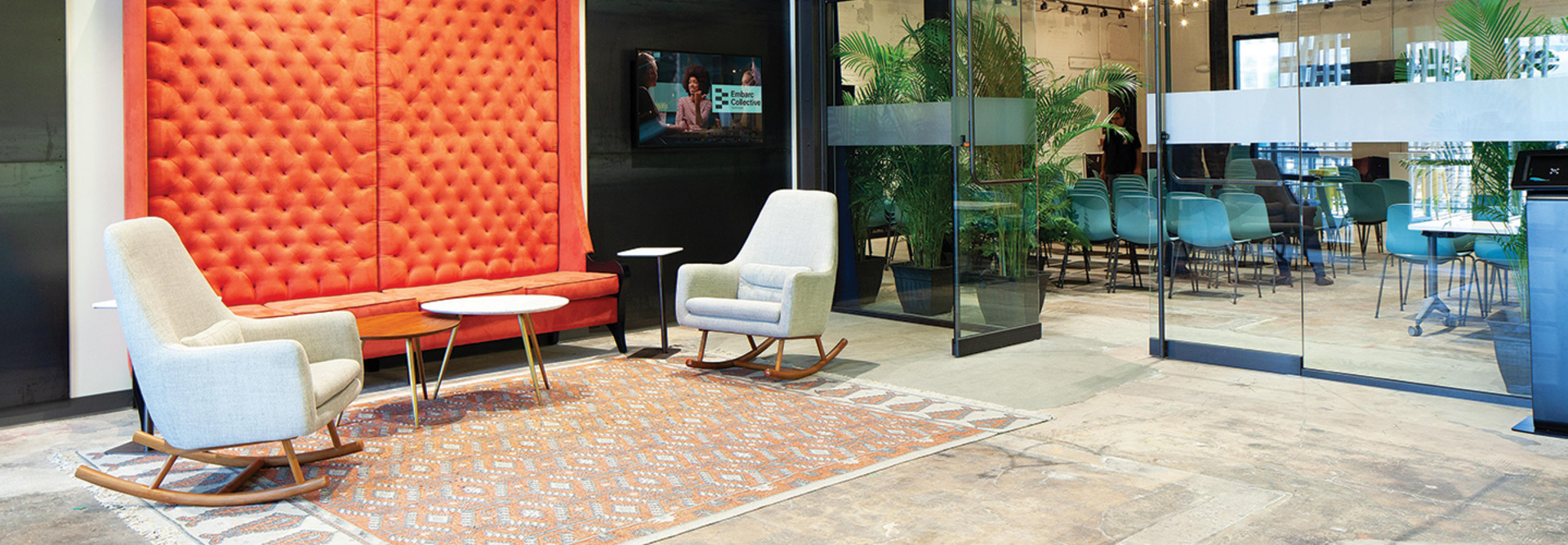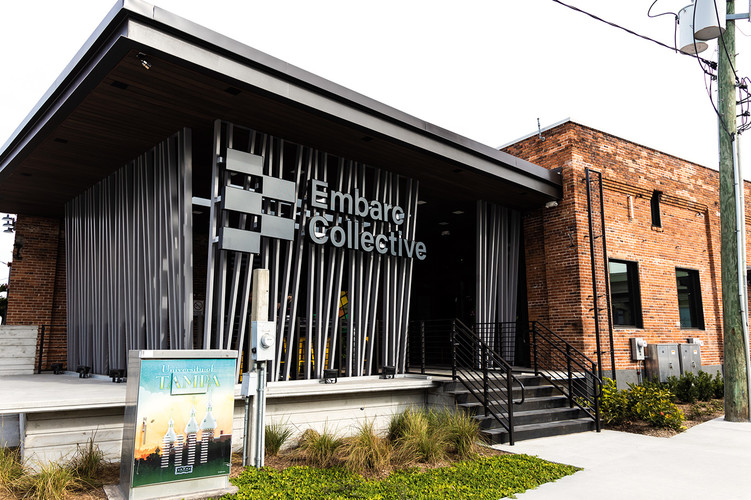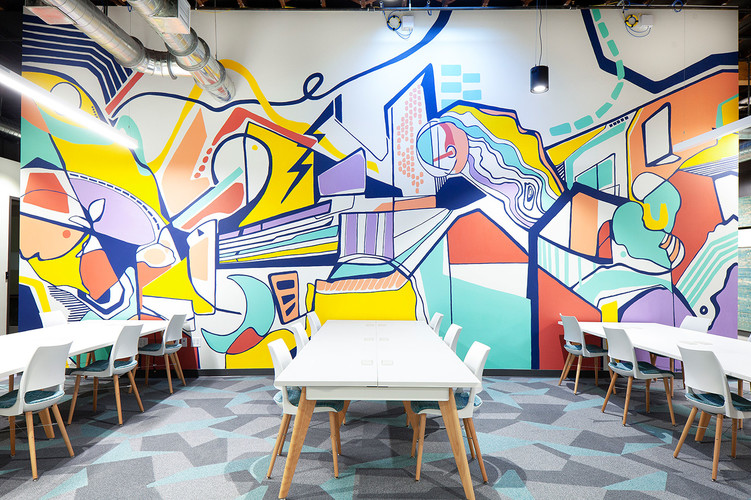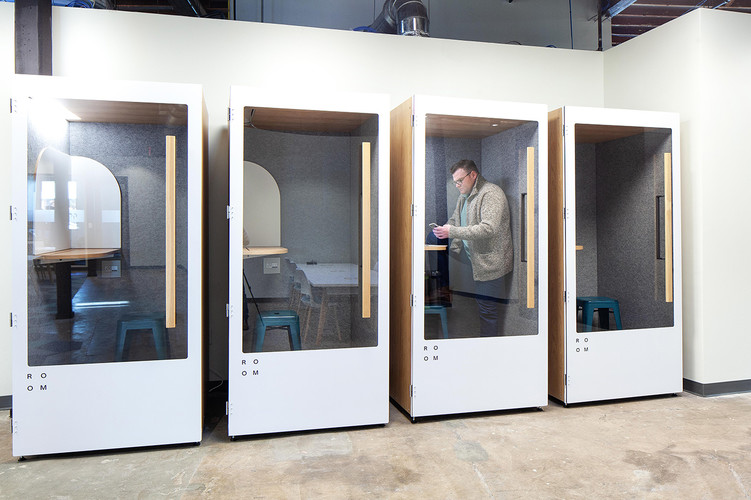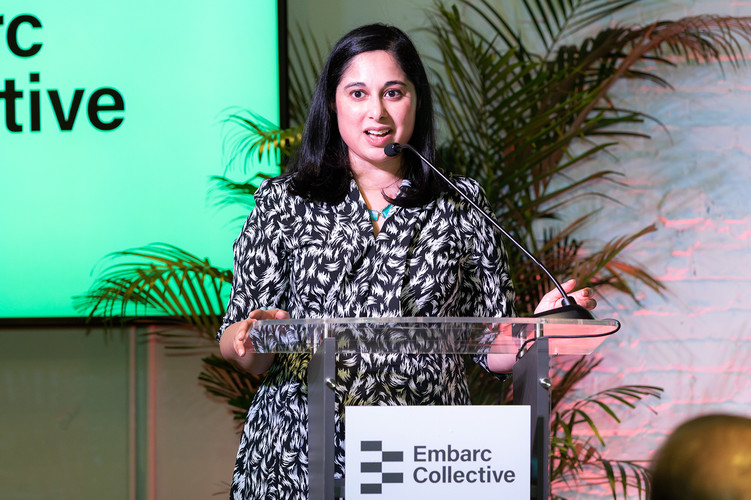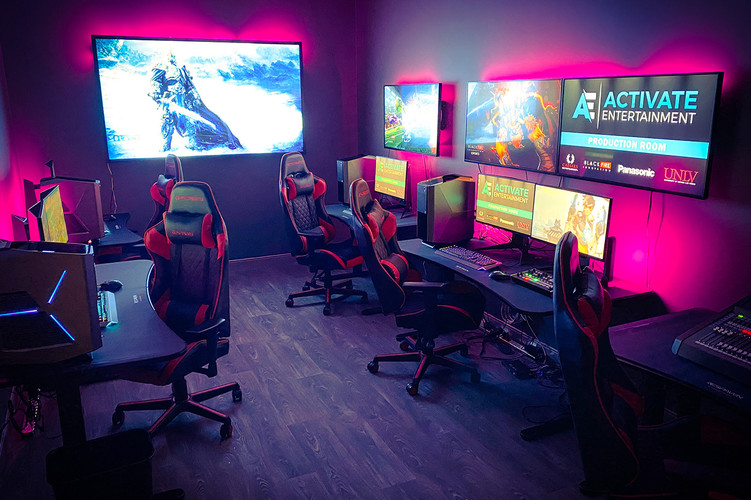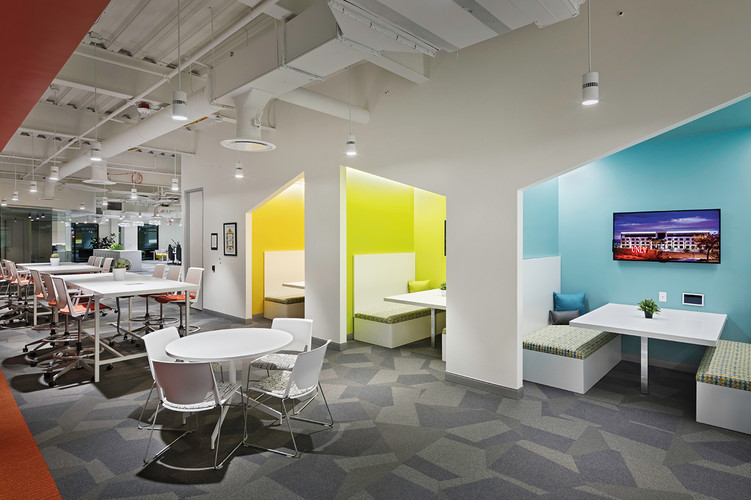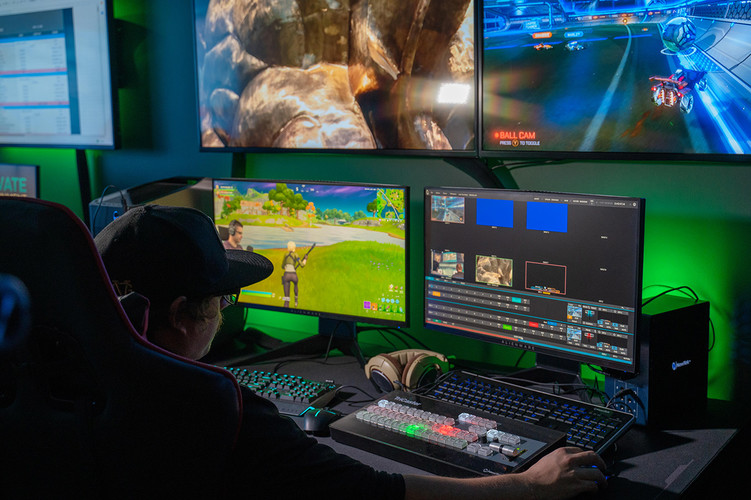Incubators Are a Growing Trend
Startup hubs, incubators and accelerators, created by both the public and private sectors, have emerged in cities across the U.S. to provide startups the guidance and support they need to grow. They offer coworking spaces, mentors and education, networking opportunities, and connections to potential investors and partners.
Many incubators are nonprofits, funded by universities or governments and focused on economic growth and creating jobs in their communities, says Sarfraz Mian, professor of strategic management and entrepreneurship in the school of business at the State University of New York at Oswego.
“Incubators can serve all purposes, including targeting groups to improve social development and social equity,” Mian says.
These programs all have similar goals, but they have unique approaches and different operating models. While startups purchase their own computers and software, these entrepreneurial programs provide them with the IT infrastructure they need, such as Wi-Fi in the coworking spaces.
DISCOVER: Find out more about incubators across the country.
A Workspace That's Packed with Tech
Embarc Collective works with 48 early stage startups chosen through an application process. Most are local, but the nonprofit has attracted startups from New York, Massachusetts and other parts of Florida that have relocated to its new building.
The year-old startup hub is the brainchild of Jeff Vinik, owner of the Tampa Bay Lightning professional hockey team.
Embarc Collective differentiates itself with one-on-one mentorship from on-staff executive advisers and function-specific experts, Shenoy says.
“We coach them based on their milestones for measurable growth for their companies,” she says.
It also assists with product development, fundraising, marketing and sales, and it develops weekly programming based on the startups’ needs.
Embarc Collective transformed an old warehouse that was originally a grocery distribution site into a stylish, modern office space and loaded it with IT infrastructure and office technology, including Wi-Fi and wireless printers.
The organization equipped its facility with LG and Samsung LED TVs throughout, ranging from 55-inch and 65-inch displays in conference rooms and classrooms to 86-inch displays in the event space.
It installed videoconferencing gear by Logitech in its conference rooms and classrooms, including Logitech MeetUp, an all-in-one device with a built-in camera, speakers and microphones that attaches to the TVs.



